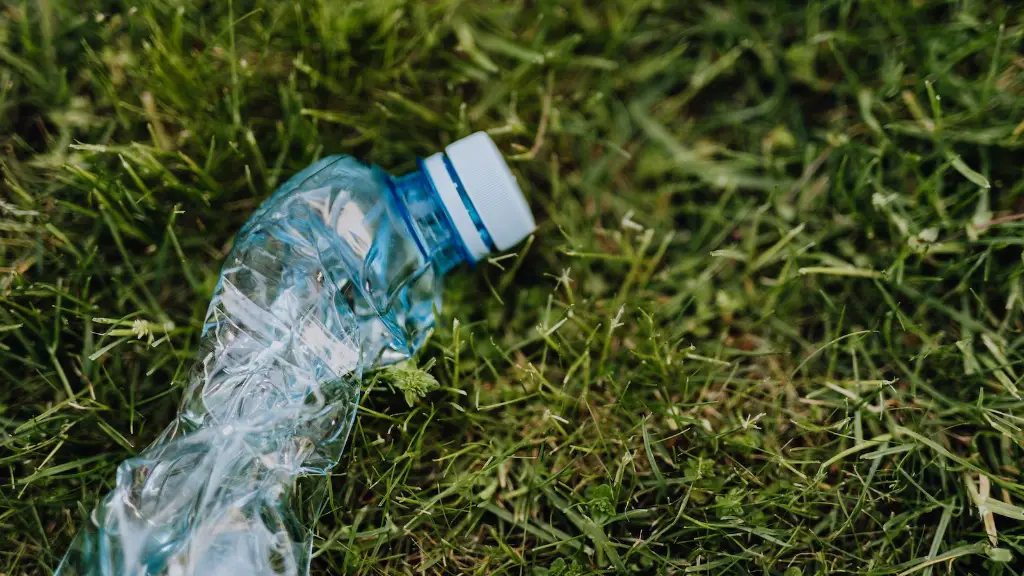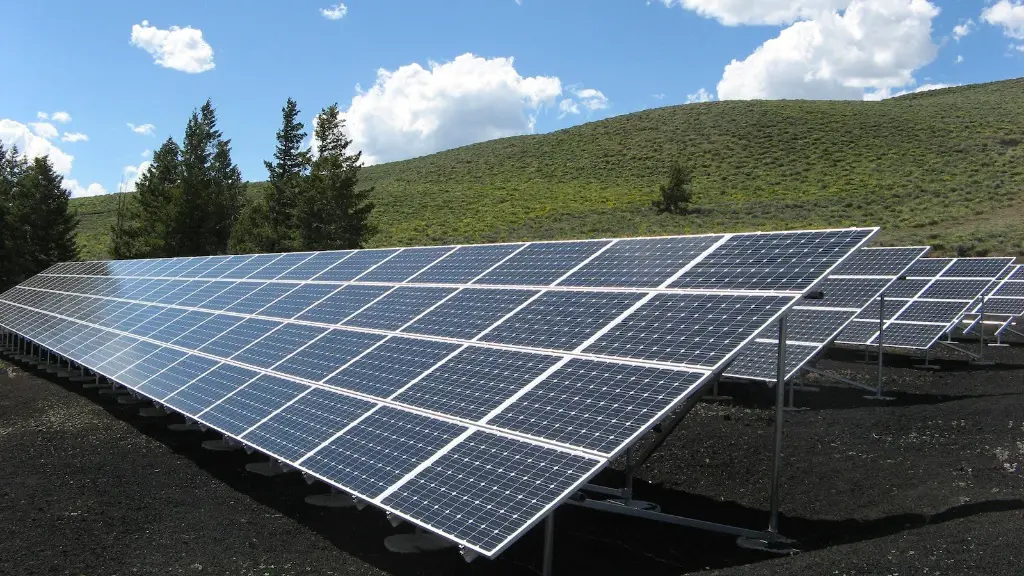The effects of global warming are becoming increasingly visible and pose a grave risk to our planet, threatening our way of life as well as the futures of future generations. But how can global warming affect us right now? And how can we protect ourselves and our home against the negative consequences of a changing climate?
Both the World Health Organization (WHO) and the Intergovernmental Panel on Climate Change (IPCC) have reported that global warming poses serious risks to our health. As the temperature of the Earth increases, an estimated 250 000 additional people will die from heat-related illnesses each year. Furthermore, extreme weather conditions such as intense heat and heavy rain create an ideal environment for the spread of diseases from bacteria and viruses, leading to an increase in food and waterborne illnesses. In particular, those living in hot and humid climates have a greater risk of developing chronic and infectious diseases, such as malaria and dengue fever.
The changing climate is also causing significant changes in our environment, with rising sea levels and temperatures causing the death of coral reefs. In recent years, the oceans have become warmer, leading to the acidification of the water and the disruption of marine ecosystems. This increase in heat is also promoting the growth of toxic algae, which can cause serious illnesses in both humans and animals, as well as damage to the coral reefs.
We are also seeing more extreme and unpredictable weather patterns, which are having a devastating effect on our environment. Intense storms, droughts and floods can cause property damage and destroy crops, leading to food shortages and financial losses. Our infrastructure is also vulnerable to extreme weather conditions, with roads, railways and buildings damaged by severe weather.
One of the most notable effects of global warming is the risk of displacement of populations due to rising sea levels. Low-lying islands are particularly vulnerable, with residents of certain island nations, such as the Marshall Islands, being forced to relocate as a consequence of sea-level rise and coastal erosion. As rising temperatures cause the sea ice to melt, the resulting rise in sea levels has also resulted in the displacement of coastal populations and the destruction of land, damaging local economies and livelihoods.
The effects of global warming on humans and the environment are complex and far-reaching, and the solutions available to us urgent. There is an undeniable need to reduce our carbon emissions, through the use of renewable energy sources, the development of more efficient technology and the conservation of natural resources. Governments must also take responsibility and implement policies to reduce emissions and increase resilience to the effects of climate change.
The private sector also has an important role to play, with companies being encouraged to adopt greener business practices and provide financial support for renewable energy initiatives. Furthermore, individuals can contribute to the effort by reducing their levels of consumption and investing in sustainable lifestyles. This could include cutting down on energy and water usage, using public transport and reducing the amount of plastic and other waste we produce.
Global warming is an urgent and complex issue that cannot be solved overnight. However, by taking action and working together, we can mitigate its impacts and protect ourselves and our environment from the worst of its effects. Our future depends on it.


